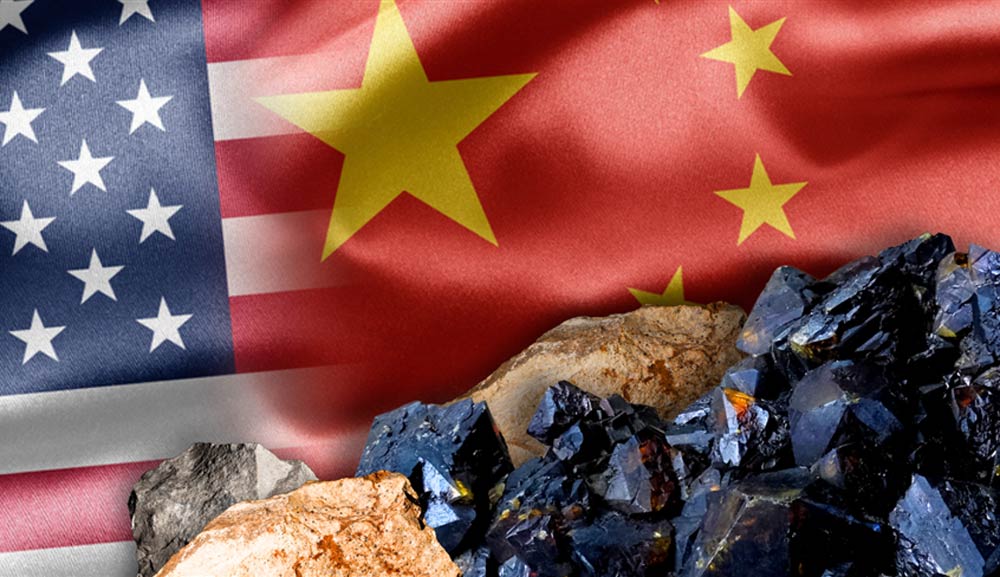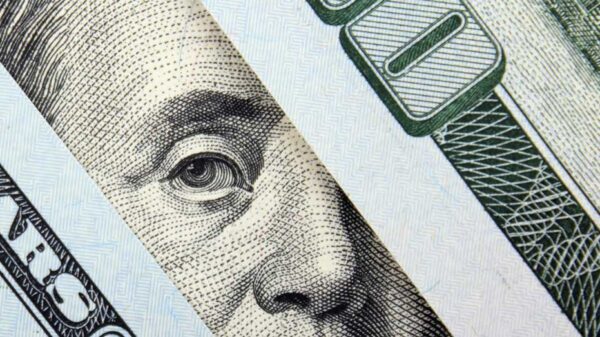In a significant move following the recent trade discussions between China and the United States, China has decided to maintain its export restrictions on seven key rare earth metals vital to U.S. defense, energy, and automotive industries. This decision highlights the strategic leverage these materials hold in ongoing trade negotiations between the two nations.
Key Developments
- China has temporarily paused export restrictions on 28 American companies dealing with dual-use items for 90 days.
- Non-tariff measures for 17 U.S. entities previously listed on China’s “unreliable entity list” have also been suspended.
- Despite these concessions, the export curbs on seven rare earth elements—samarium, gadolinium, terbium, dysprosium, lutetium, scandium, and yttrium—remain in place.
The rare earth metals, crucial for manufacturing advanced technology and military equipment, are largely sourced from China, which dominates global production. The decision to sustain export controls on these materials reflects Beijing’s intent to safeguard its strategic resources while navigating the complexities of its trade relationship with Washington.
Background
The trade truce, reached during bilateral talks in Geneva over the weekend, saw China agreeing to ease various non-tariff countermeasures imposed since April 2025. These measures were originally introduced as retaliation to U.S. tariffs under President Donald Trump’s administration. However, the Commerce Ministry’s decision not to lift rare earth export restrictions underscores their critical importance to China’s national security and trade strategy.
Reasons Behind the Restrictions
China’s Commerce Ministry has emphasized the need for “comprehensive control of strategic minerals,” citing national security concerns and efforts to combat smuggling. A social media post by a state-linked account further hinted at the strategic value of these controls, referencing potential impacts on U.S. defense industries already grappling with supply shortages.
Strategic Implications
With rare earth metals serving as a cornerstone for advanced technologies, including renewable energy systems, electric vehicles, and military applications, the export restrictions place significant pressure on U.S. industries. Analysts believe Beijing views its dominance in the rare earth market as a powerful bargaining chip in negotiations with Washington.
Temporary Concessions
China’s decision to temporarily ease restrictions on dual-use items and remove several U.S. companies from its export control and unreliable entity lists has provided some relief. Companies such as Sierra Nevada Corp., Kratos, and Universal Logistics Holdings are among those benefiting from the 90-day reprieve. However, these temporary measures may be subject to change depending on the progress of trade talks.









